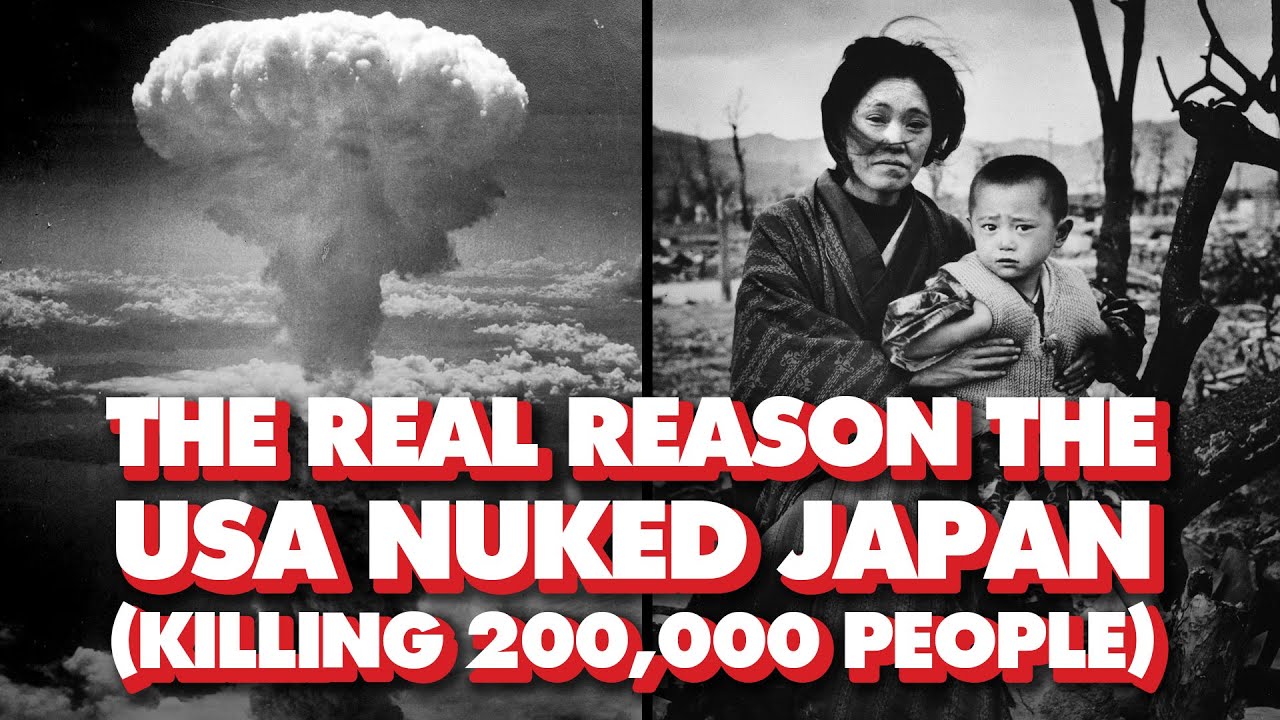‘US government documents admit that the atomic bombing of Hiroshima and Nagasaki was not necessary to end WWII. Japan was on the verge of surrendering. The nuclear attack was the first strike in Washington’s Cold War on the Soviet Union. Ben Norton reviews the historical record.’



Your description of the conditions is correct but your conclusion is a non-sequitur. It does not follow logically that the only or best option to stop those atrocities was to mass murder civilians. Despite what the propaganda about the bombings that has since been inculcated into the western public claims, they were not in fact necessary for compelling Japan’s surrender. There were already internal disputes about this in the Japanese leadership for some time, but after their decisive defeat in Manchuria at the hands of the Red Army the decision to surrender as soon as possible became pretty much unanimous. Every day that went by was another day that the Soviets took more territory and came closer and closer - through the Kurils - to the Japanese home islands. The Japanese imperialists knew just as well as the Nazis that they stood a much better chance of avoiding punishment for their crimes (and some of them even being allowed to retain some power in the post war state) if they surrendered to the US rather than the USSR. Moreover we now know that the US leaders knew this. Their primary motivations were to have a live weapons test and to intimidate the Soviet Union.
you probably know this but for the sake of clarity, the atomic bombs were dropped on August 6th, and a few days later on the 9th. Soviets invaded on the 7th. their plans for Hokkaido were for the 24th, and cancelled by the surrender.
post war assessments make clear that soviets’ comprehensive destruction of the Kwantung army was perceived by parts of the japanese and us governments as sufficient on its own to force the surrender, but your comment sort of reads like the americans dropped the bombs after the soviet’s success to force the japanese to surrender to them instead, which is chronologically unsound.
You say there were ‘options,’ yet somehow managed to avoid actually naming them.
What would you tell the Koreans/Chinese/Burmese whose families died while the negotiations stretched out?